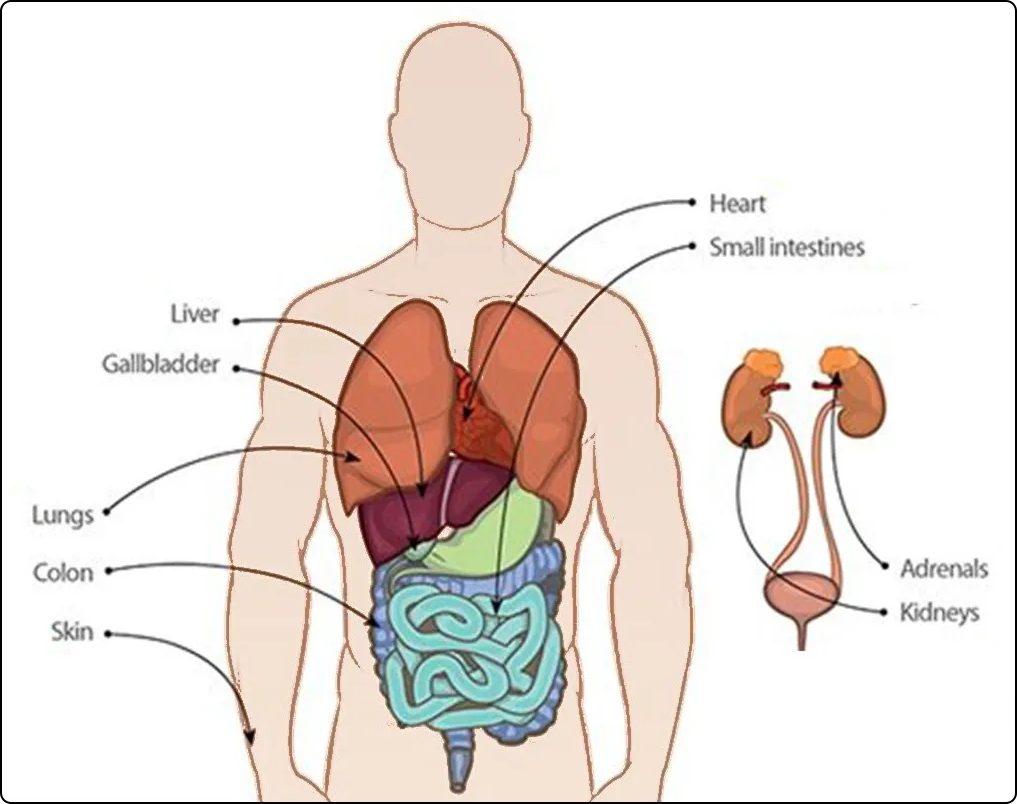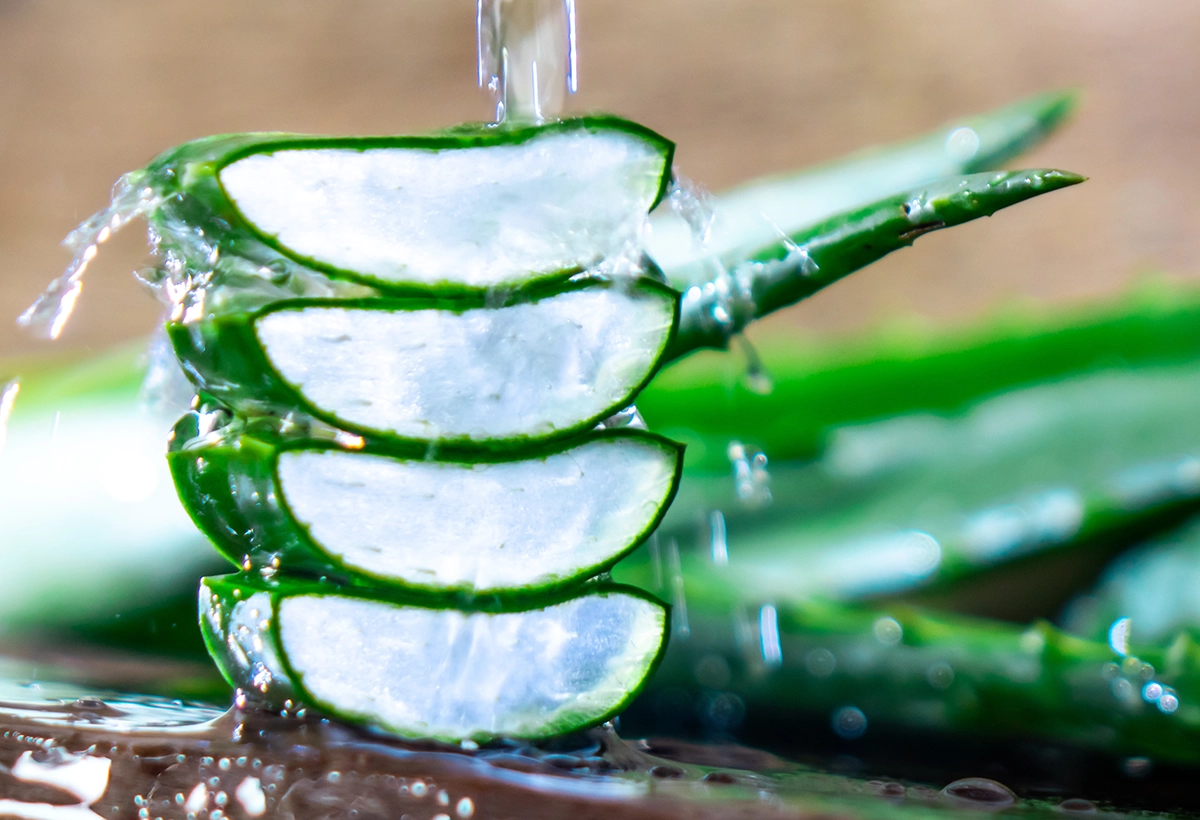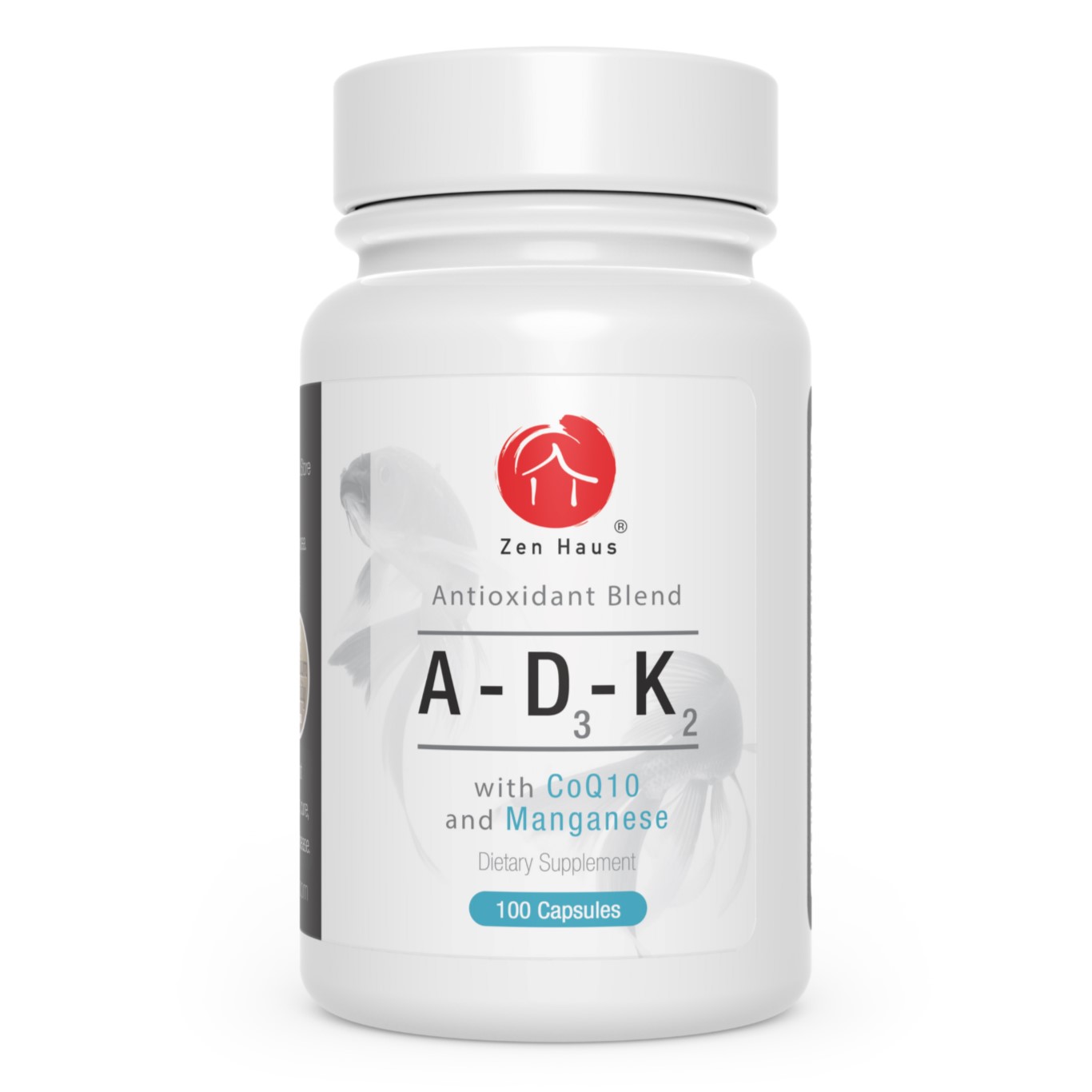The skin is the largest organ in the human body. For many, skin care involves only external treatment such as applying ointments, oils and lotions. People living in cold and dry climates often use body lotion to help preserve moisture in the skin. We encourage the use of natural solutions like Aloe Vera to both moisten and nourish the skin to deliver nutrients like Vitamin E. However, the first course of action for improving skin health is to improve nutrition. For example, you can eat Aloe Vera and get Vitamin E internally while also healing your gut. Skin care is not a matter of vanity. The skin has many important functions including protection from the environment, producing Vitamin D, and being a key detox pathway.

The skin has several discernible layer. The outer layer of skin can provide useful clues into nutrition issues and we suggest thinking about skin care in this way. Blemished or aging skin can have many causes.. such as too much or too little sunlight, chemicals in hair and skin products, food, clothing and detergents and so on. Of course, we should avoid these chemicals as much as possible.
A major internal factor is nutrition. The skin supports its own ecosystem of microorganisms, including yeasts and bacteria. Healing the skin with nutrition is more natural and allows the body to do its job by balancing the hormones, bacteria and oils involved in maintaining skin health. This goes back to the eastern view of medicine which is to support your body’s ability to heal itself.
The nutrients most often cited as being beneficial to skin health are Vitamin A, Vitamin K, Vitamin E, Alpha Lipoic Acid, Vitamin C and Zinc. The first three are in the Zen Haus ADK supplement and Zinc is included in the Immune Support formula. Let us briefly look at how these nutrients support skin health.
Vitamin A
Vitamin A is necessary for wound healing and skin regrowth. It is needed to support the skin cells both internally and externally and is a powerful aid in fighting skin cancer.[1] Vitamin A reduces lines and wrinkles in the skin by producing collagen, which is responsible for keeping the skin looking young.[2] Vitamin A deficiency will lead to dry and scaling skin. It can also lead to acne and poor complexion.[3]
Vitamin A helps to cut down excess production of oils that lubricate and waterproof the skin and hair. This reduces the risk and severity of acne. Vitamin A reinforces protective tissues of the skin, thereby enhancing the overall health and vitality of the skin surface. It is also essential for the proper maintenance of the skin tissues and mucous membranes.

.






